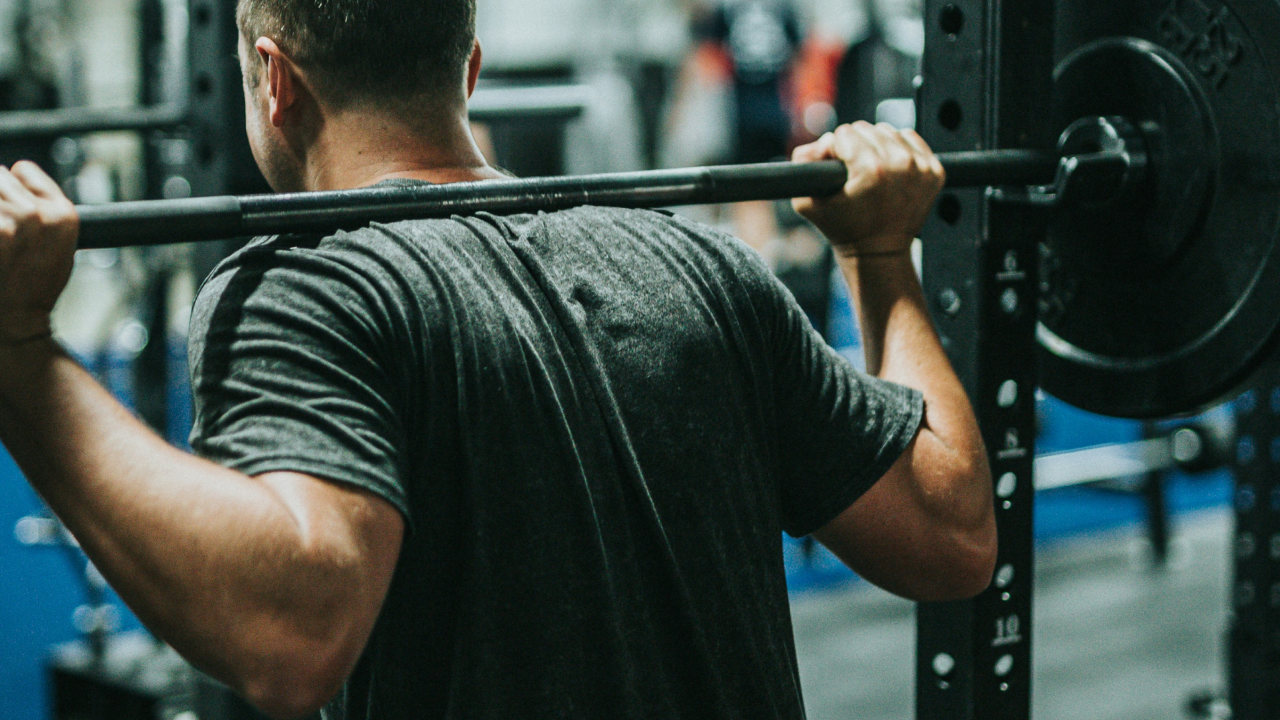Meal timing matters...myth or fact?

You’ve probably heard of circadian rhythm, a biological process that lasts roughly 24 hours. The hypothalamus in our brain houses our suprachiasmatic nucleus (SCN) and its 20,000+ cells which are responsible for circadian processes. Common examples of these include hormones like melatonin and cortisol, our sleep-wake cycle, core body temperature and immune system activity. While you can think of your circadian rhythm like an internal clock, it’s important to note that in addition to our master clock, we also have peripheral clocks located in tissues all over our body.
While these internal processes run without external stimuli, our circadian clock doesn’t last exactly 24 hours; rather it is closer to 24 hours and 15 minutes. A certain stimulus, however, called a zeitgeber, can serve to reset our circadian rhythm. As you might suspect, the most common of these is light entering the eye. Because our suprachiasmatic nucleus is synced with the retina, when light hits the eye, the SCN receives a signal to reset our circadian rhythm.
Cool science, you say, but what does this have to do with food? It perhaps shouldn’t come as a surprise that a misalignment between our internal and external clocks--think jet lag or working the graveyard shift--can come with adverse health effects. With food, it’s a bit more complicated: when we eat doesn’t impact our master internal clock, but it does affect our peripheral clocks, which can in turn cause a misalignment between our internal clocks and impact our circadian rhythm. Conversely, our circadian rhythm can also impact how food is received by the body. Enter chrononutrition.
So what does this mean in practice? First, it seems that eating later in the day or at night can have adverse effects on metabolism and body composition. While it’s not necessary to eat breakfast upon waking as we’ve often heard, there does seem to be evidence to support the fact that weighting your caloric intake towards the earlier portion of the day may be beneficial. And at the very least, matching your feeding window to your biological clock and activity is a good place to start. Second, consistency may also matter; that is, keeping the time and number of meals that you eat roughly the same from day to day may lead to better glycemic response. Third, a restricted feeding window, often referred to as intermittent fasting, does lead to better metabolic health than a diet in which you eat at any hour of the day. Pushing this window earlier in the day may have benefits, though it is not clear to what extent.
In conclusion, while it may not be possible to always adhere to the principles outlined above--athletes may need to train and eat at different times of the day, you may want to enjoy a night out with friends, etc.--there’s enough evidence to suggest that implementing a few basic guidelines around meal timing may lead to positive and noticeable improvements in your health.
About the Author

At Bridge, we are all athletes and coaches first. As athletes, our team has experienced everything from riding the pine on JV, to winning NCAA championships, to competing in the Olympic Games. As coaches, we have helped countless athletes reach their full potential, winning everything from age group section championships to Olympic Gold Medals.
Related Posts

Six Benefits of Exercise on Mental...
Exercise is not only vital for physical health but also plays a transformative role in mental...

4 Easy Steps to Launch and Sell a...
The holiday season offers a unique opportunity for personal trainers to reach more clients and...

4 Proven Offers to Attract Clients and...
Standing out in the competitive world of personal training and fitness coaching requires more than...


